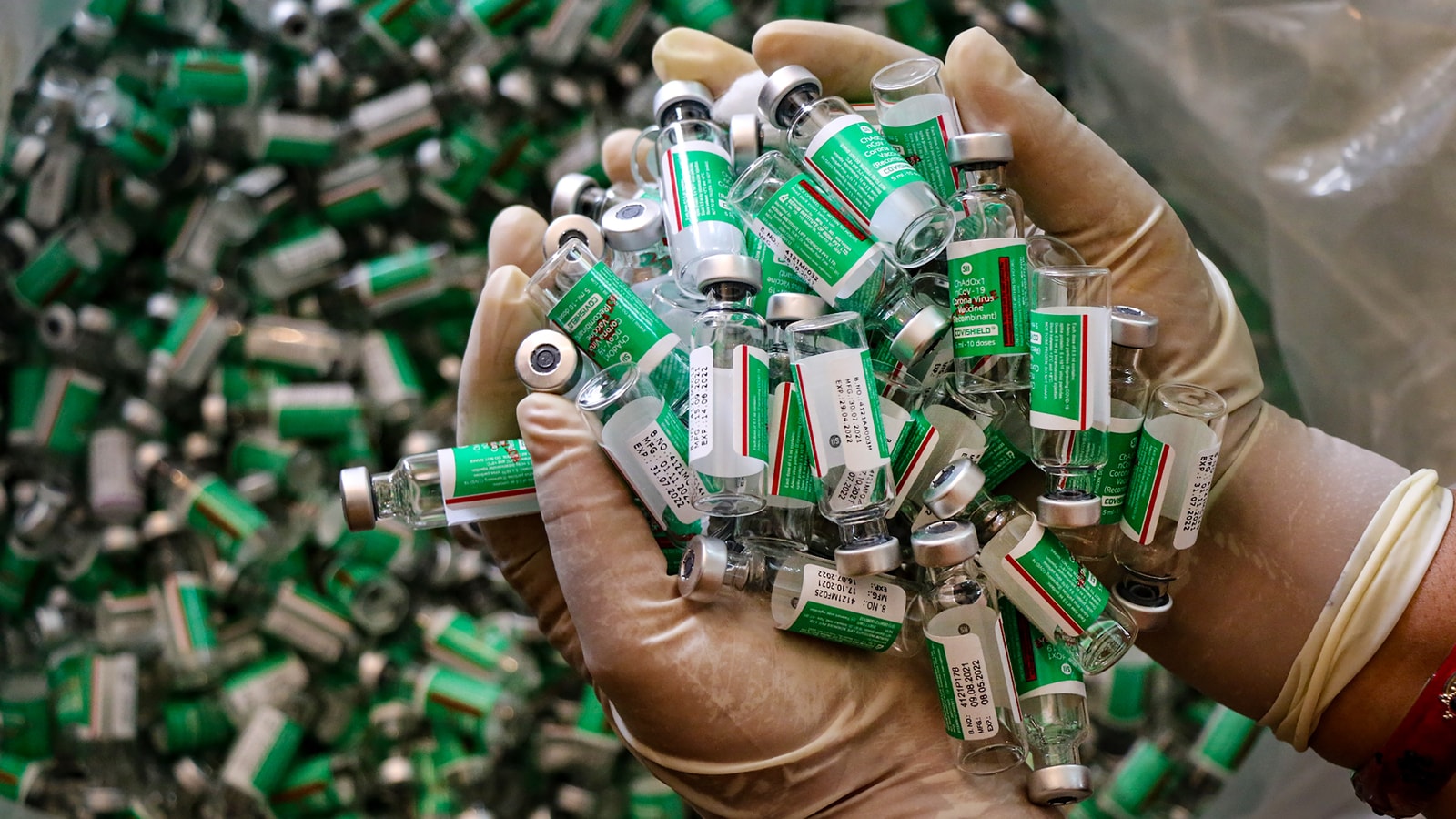Coronavirus: Air pollution may lead to faster spread of Covid-19 infections, officials…
Air pollution may lead to a faster spread of COVID-19 infections as it causes coughing and sneezing, government officials told a parliamentary panel on Friday, according to sources.
Top officials of the Union environment and health ministries and the governments of Delhi, Haryana and Punjab deposed before the Parliamentary Standing Committee on Urban Development to find a “permanent solution” to air pollution in the national capital and adjoining areas.
In addition, officials of the Central Pollution Control Board and from other departments also depose before the panel on the ongoing situation of air pollution in the national capital and its adjoining areas.
The agenda of the meeting was to deliberate upon “steps taken for prevention of air pollution special emphasis on finding permanent solution to air pollution in Delhi and NCR.” In a presentation before the panel, officials from the central government expressed concern over the threat of COVID-19 spreading faster due to air pollution.
“Higher air pollution may increase episodes of coughing and sneezing spreading COVID-19 faster. More particle surface for the virus to stick to and get transported over greater distance and may potentially survive longer,” the health ministry said in the presentation to the committee.
Citing a Lancet study, the health ministry said, “There is average loss of 1.7 years of life expectancy in India due to air pollution.” Similarly it said in Delhi there is 1.7 times higher risk of respiratory ailments and prevalence of breathing problems and 10,000 to 30,000 air pollution deaths are reported annually.
The environment ministry, in its presentation, shared the details of the status of air quality of Delhi during four years between 2016 and 2019.
As per the presentation, the quality of Delhi air was good for only four days during this period and was very poor for 319 days.
And the quality of air in Delhi was severe for 78 days.
Delhi’s air quality on Thursday dropped to its worst level since December 2019 with farm fires accounting for 42 per cent of its pollution, the maximum this season so far, according to data from central government agencies.
Experts said unfavourable meteorological conditions — calm winds and low temperatures — and smoke from farm fires in neighbouring states led to a dense layer of haze on Wednesday night as the air quality index entered the ‘severe’ category.
The haze thinned on Thursday with higher wind speed helping in dispersion of pollutants. However, the 24-hour average air quality index (AQI) was recorded at 450, the highest since December 30 last year, when it was 446.
All the 36 monitoring stations in Delhi recorded air quality in the ‘severe’ category. The neighbouring cities of Faridabad, Ghaziabad, Greater Noida, Gurgaon and Noida also recorded ‘severe’ air pollution.
(This story has been published from a wire agency feed without modifications to the text. Only the headline has been changed.)
Follow more stories on Facebook and Twitter

